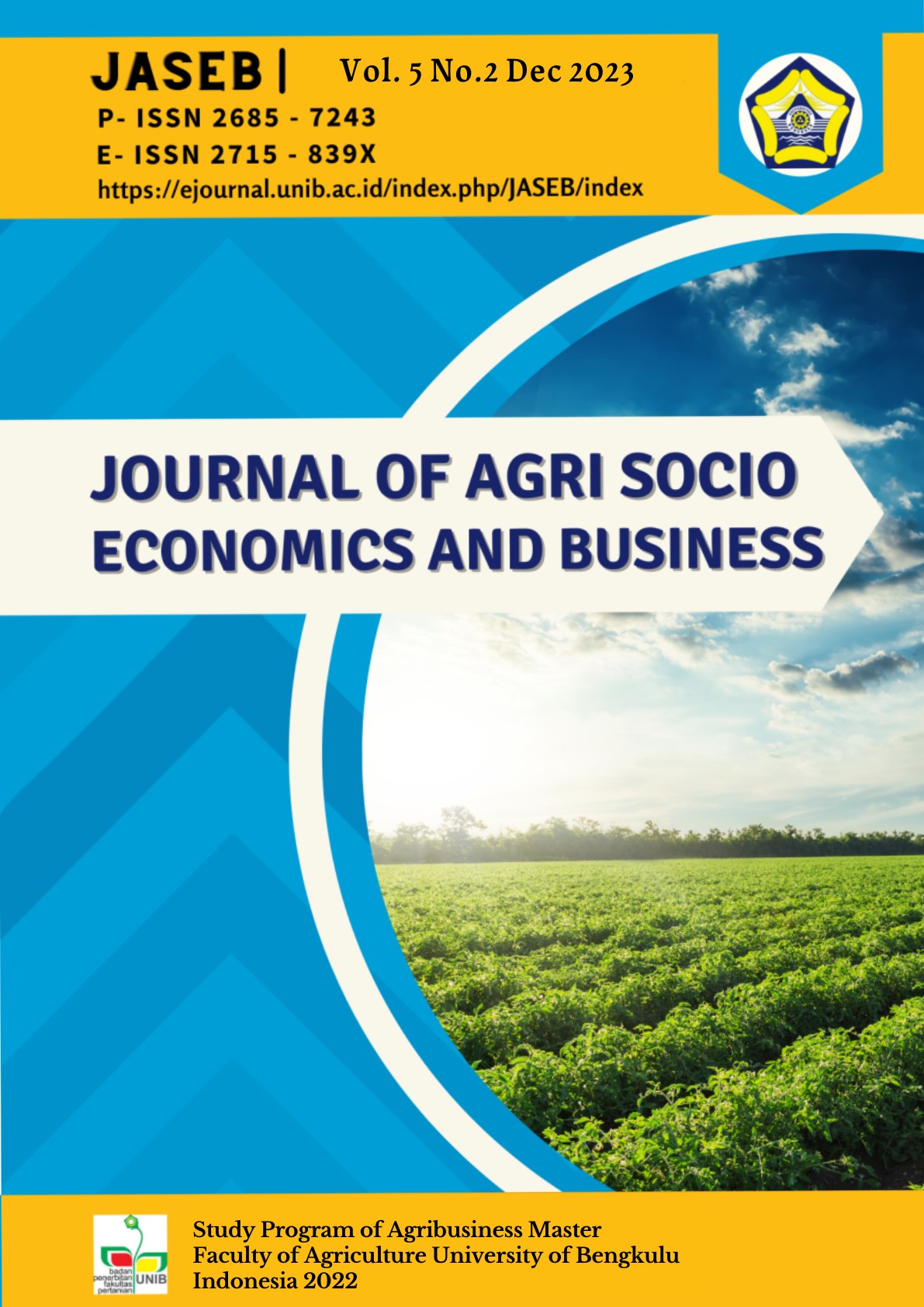Main Article Content
Abstract
Ethiopia is a farming nation where agriculture provides a living for a large portion of the inhabitants. Most rural households suffer from chronic poverty and food insecurity as a result of agriculture's deteriorating carrying capacity, land fragmentation, and low agricultural income. This makes rural households participate in non-farm activities to generate income to cope with these challenges. The study used a mixed study design. A step-by-step sampling procedure was used in this study in which the Makuey district was selected purposively, Puokuath and Bildak kebelle were selected at simple, random, and stratified sampling procedures were applied to select sample respondents. The study also employed a descriptive, inferential, and econometric model for data analysis. Based on the findings, only significant discrete variables were the gender, literacy level, and household credit access. Similarly, the significant continuous variables were market distance and household income. Furthermore, the main challenges facing rural households' participation in non-farm activities were bad infrastructure and negative cultural perception. The binary logit model result indicated that market distance, literacy level, and credit access were significant and negatively influenced rural households, while incomes and the gender of rural households were significant and positively influenced the rural household's involvement in non-farm activities. The study recommended that the regional and district governments should access infrastructure and create awareness about the benefits of non-farm activities.
Article Details
Copyright (c) 2023 Chuol Bor, Abdimajid Sheikh Adan

This work is licensed under a Creative Commons Attribution-ShareAlike 4.0 International License.
An author who publishes in the Journal of Agri Socio Economics and Business agrees to the following terms:
Author retains the copyright and grants the journal the right of first publication of the work simultaneously licensed under the Creative Commons Attribution-ShareAlike 4.0 License that allows others to share the work with an acknowledgement of the work's authorship and initial publication in this journal
Submission of a manuscript implies that the submitted work has not been published before (except as part of a thesis or report, or abstract); that it is not under consideration for publication elsewhere; that its publication has been approved by all co-authors. If and when the manuscript is accepted for publication, the author(s) still hold the copyright and retain publishing rights without restrictions. For the new invention, authors are suggested to manage its patent before published. The license type is CC-BY-SA 4.0.
Journal Agri Socio-Economics and Business is licensed under a Creative Commons Attribution-ShareAlike 4.0 International License.
